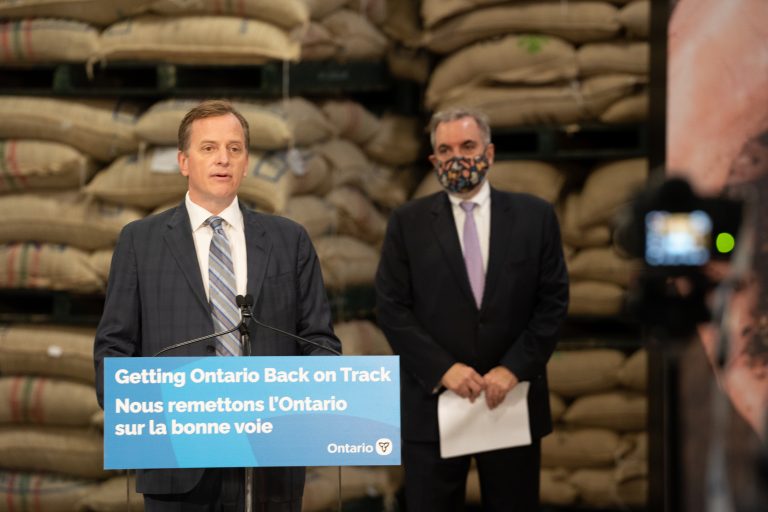Hamburg, Germany is banning city-funded purchases of single serve coffee pods as part of a green purchasing policy for its municipal operations. City officials point to the waste associated with single serve as the reason for their decision.
Club Coffee gets that. It’s the reason for the groundbreaking research that led to PURPOD100® — the world’s first certified compostable single serve pod for coffee, tea and other hot beverages. It’s the reason that global coffee industry leader Massimo Zanetti other brands are moving their single serve coffees to PURPOD100® right now.
They know PURPOD100® is the compostable solution that works in typical curbside composting systems to deliver the great taste, quality and convenience that consumers want – without the waste.
And that’s only the start of the benefits.
Research has tracked the environmental story of a cup of coffee from the farm where it starts, all the way to the disposal of leftover coffee and pods. It compares the environmental impact of traditional drip-brewed coffee to single serve coffee along that path.
Single serve wins. Surprised?
Yes, waste does matter but nowhere near as much as this fact – people pour lots of brewed coffee down the drain every day. And there’s an even bigger environmental cost to that waste.
Think about it. When people pour excess coffee down the drain, they’re not just pouring coffee. All the resources it took to grow the coffee, process it and transport it – down the drain. Shipping coffee from around the world to roasting plants and then to stores and then to your home – down the drain. Water, fuel, energy – down the drain.
Then add the waste because of stale coffee tossed out before it could be brewed. Add the environmental impacts of the extra electricity that most traditional brewers use to keep their hotplates hot.
Coffee industry analysts see a different angle. As one of them says about the shift to single serve from traditional coffee, “The coffee market has lost its best consumer: the kitchen sink.”
So ban single serve or do better?
PURPOD100® takes a positive record and makes it even better both for the environment and for coffee lovers.



